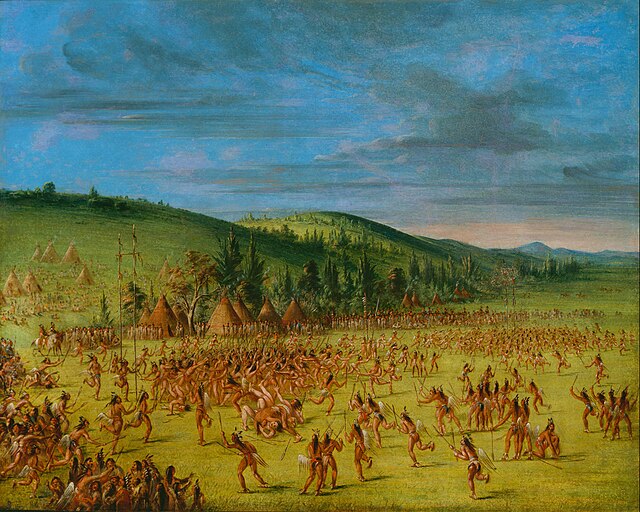Sikkim, a landlocked state in northern India, is a hotspot for a variety of reasons. Bordered on three sides by China, Bhutan and Nepal, it is a melting pot of cultures and languages and one of the most biodiverse regions in the world.
However, this hotspot is also in a precarious situation. Outside cultural influences put the traditional tribal cultures of the Bhutia and Lepcha people at risk. Its beauty makes it an attractive tourist destination, while its biodiversity and agrarian economy make it sensitive to environmental change.
Last summer, a group of Guilford College students led by Associate Professor of English Heather Hayton traveled to Sikkim and discovered for themselves the intrigue of the area. They hope to develop a relationship with Sikkim that will continue into the future.
“The people of Sikkim opened their homes and hearts to us, so we needed to find a way to reciprocate without just imposing our Western values or money upon them, or simply taking without giving back,” said Hayton in an email interview. “I wanted to find a project that we could share and show students how we can work alongside local folks.”
This project took shape in the form of aiding a few schools in the region. The group of eight students, including seniors Lindsay Vanderhoogt and Charlotte Cloyd, who plan to return this summer, found that many children did not have access to school supplies like books, notepads and pens. Last year, they supplied 150 pounds of books to four schools and now plan to continue the supply drive in years to come.
“The schools we visited know we have access to money, but we didn’t want it to just be us giving them money,” said Cloyd. “Instead, we want to work with them to develop a sustainable model.”
Another project that the group will begin this summer is selling artisanal items from the relatively remote village of Dzongu, Sikkim. The money earned from the sale of these items will be returned to the people of Dzongu to help them support their community.
“We didn’t want to force our ways on them,” said Vanderhoogt. “We wanted to support and help them.”
The idea of protecting Sikkim’s environmental and cultural integrity is present in the upcoming work of Tom Clement ’14, who will travel there this summer as a reporter for the Pulitzer Center on Crisis Reporting. Clement will focus on environmental issues in the area, such as how the area’s rich biodiversity relates to farming practices.
“I will be taking great strides to understand the history of colonization in the area and try to not reinforce those themes in my work,” said Clement. “I want it to be a collaboration and mutual exchange of information, so I plan to go into it with an open mind.”
Hayton emphasized the importance of respectful and responsible tourism, especially as Sikkim continues to interact with neighboring countries and opens itself to the Western world. Although there are benefits to these connections, there are also issues that the people of Sikkim must overcome.
“The sacred rivers in Sikkim are being polluted and destroyed by hydro-damming projects,” said Hayton. “Without a real political voice, rampant political corruption in India and no access to Western PR or funding, Lepcha and Bhutia leaders have resorted to hunger strikes to try to get attention for their environmental and religious issues. But that’s not a sustainable answer.
“So, I have real and deep concerns for the people and land I have come to love.”







